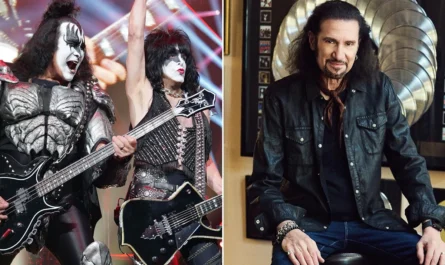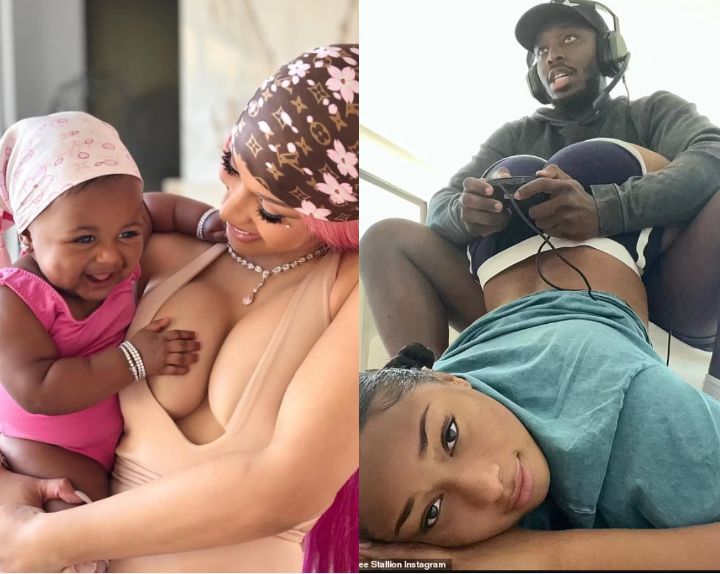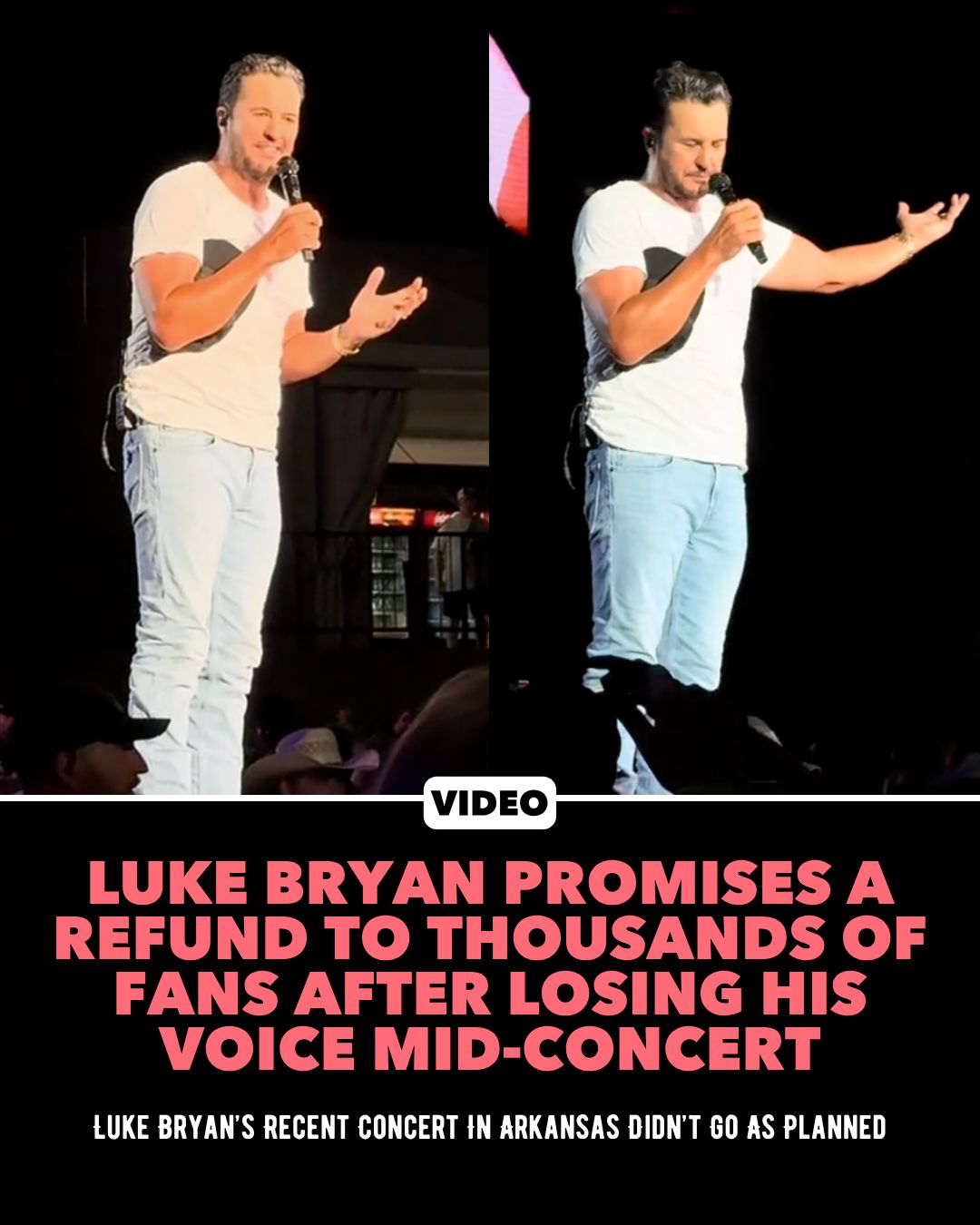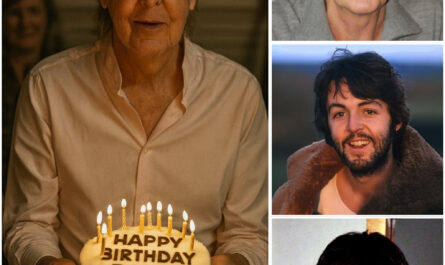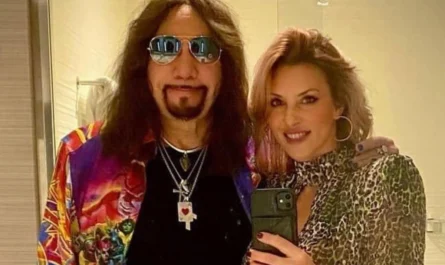Freddie Mercury Tribute Concert (1992) – A Voice Echoing Beyond Time
On April 20, 1992, over 72,000 fans filled Wembley Stadium for what would become one of the most emotional nights in rock history. The Freddie Mercury Tribute Concert was not just a celebration of Queen’s late frontman—it was a global outpouring of grief, love, and admiration. Mercury, who died just five months earlier from AIDS-related complications, left behind a void in the music world that no one could fill. Yet that night, legends tried.
David Bowie, Elton John, George Michael, Metallica, Annie Lennox, Guns N’ Roses, and countless others graced the stage to honor Freddie’s legacy. But it was George Michael’s rendition of “Somebody to Love” that brought many to tears. His voice soared with both technical brilliance and palpable vulnerability, creating a moment so transcendent that even the Queen band members appeared visibly moved. As Brian May stood nearby, playing the familiar chords, there was a quiet reverence in his eyes—like he could almost see Freddie standing beside him.

One behind-the-scenes moment few know: backstage, Elton John was reportedly inconsolable before performing “The Show Must Go On.” He’d known Freddie personally, and the lyrics took on a crushing new meaning. Just before he walked onstage, he whispered, “This one’s for you, darling,” and clenched the mic with trembling hands. His performance, paired with Black Sabbath’s Tony Iommi on guitar, wasn’t just technically powerful—it was emotionally raw. Elton’s voice cracked ever so slightly in the final chorus, and for a moment, it felt as though grief itself was singing.
Metallica lit up the early set with blistering speed, while Guns N’ Roses added intensity with “Knockin’ on Heaven’s Door,” but between the heavy riffs and thundering drums, it was the quieter moments—the ballads, the piano lines, the harmonies—that truly honored Freddie.
One of the most unforgettable scenes came when Annie Lennox and David Bowie took the stage for “Under Pressure.” As Lennox channeled Mercury’s side of the duet with theatrical grace and haunting power, Bowie dropped to one knee in silent prayer during the musical interlude. Later, he would reveal that he recited the Lord’s Prayer onstage to honor not just Freddie, but the many lives lost to AIDS.

As night fell, Wembley transformed into something sacred. Thousands of lighters glowed in the dark like stars come down to earth. The final act, Queen themselves—joined by various guest vocalists—closed the show with “We Are the Champions,” but no one took Freddie’s place on lead vocals. His voice, recorded, echoed over the stadium, and the crowd sang every word with reverent defiance. It was not just a farewell. It was a promise to remember.
Millions watched the live broadcast, many of them wearing red AIDS awareness ribbons. The concert raised over £20 million (equivalent to tens of millions today) for AIDS research and awareness, and set the tone for rock musicians stepping into activism. For many, this was the first time AIDS was humanized—given a face, a voice, and a stage.
The Freddie Mercury Tribute Concert wasn’t just a memorial.
It was a roar.

A cry of pain, pride, and love from the rock world to one of its brightest stars. And though Freddie was gone, his spirit haunted every note, every harmony, every spotlight.
As the last chord faded and the stage lights dimmed, it was clear: Freddie Mercury wasn’t just a man, a singer, or a performer.
He was an era.
And on that night in 1992, the world stood together to ensure that era would never be forgotten.

